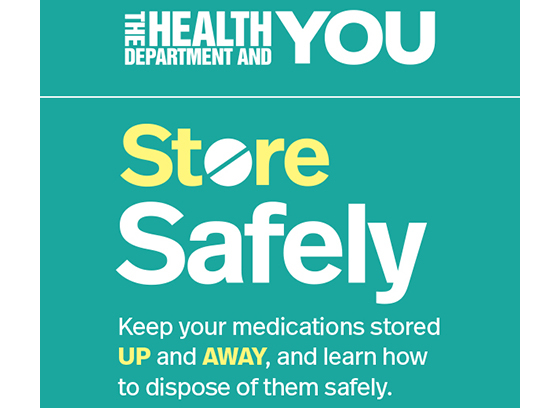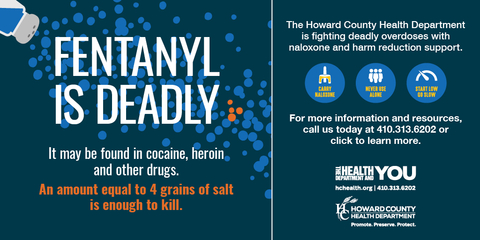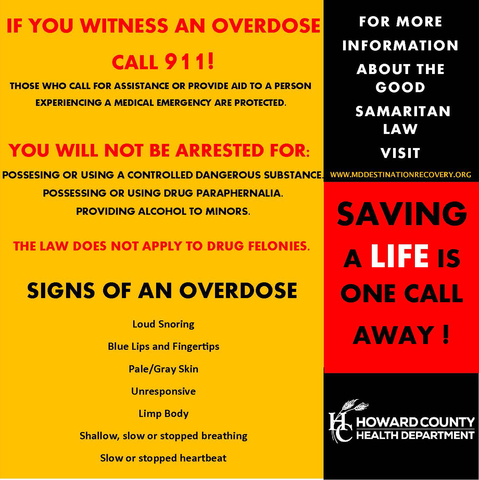Opioid Misuse Prevention
Program Summary: This program includes medication disposal, opioid pain management, prevention of illicit drug use, and access to Narcan.
What Are Opioids? - Prescription opioids are powerful pain-reducing medicines that include oxycodone, hydrocodone, morphine, and others. Doctors prescribe opioids after surgeries and for injuries; however, these medicines can have serious risks if they are misused by accident or on purpose. If you witness an opioid overdose, call 911.

Store Safely
Prescription opioid misuse is one of the most common types of illegal drug use in the United States. Many people who misused prescription pain-reducing medicine said that they got it from a friend or relative.
MONITOR
Parents are in an influential position to immediately help reduce access to prescription medicine because it is commonly found in the home. But how aware are you of the quantities that are currently in your home? Think about this: Would you know if some of your pills were missing? From this day forward, make sure you can honestly answer yes.
SECURE
Take prescription medicine out of the medicine cabinet and secure them in a place only you know about. If possible, keep all medicines, both prescription and over-the-counter, in a safe place, such as a locked cabinet that cannot be accessed. Spread the word to other households and encourage them to secure their prescriptions as well.
DISPOSE
Safely disposing of expired or unused medicine is a critical step in helping to protect your family and home, and decrease the opportunity for anyone to abuse your medicine.
- For more information about safe storage and disposal of medicine, click here.
- For information about the location of Medication Disposal Boxes in Howard County, click here.
- For additional medication disposal locations, visit the Google Earth Safe Drug Disposal website.
Campaign Materials:
Fentanyl is a powerful synthetic opioid pain reliever that is similar to morphine but is 50 to 100 times more potent. An amount of 4 grains of salt is enough to kill.

Call 911; Maryland’s Good Samaritan law protects you. You cannot be held civilly liable for any act you do (or acts you should do but don't do) when providing help or medical aid at the scene of an emergency.

Naloxone is a medication used to reverse the signs of a known or suspected opioid overdose. Naloxone is more commonly known as Narcan, which is the brand name for this medication. All Maryland-licensed pharmacists are authorized to dispense naloxone without a prescription. Click HERE to learn more about the Standing order for Naloxone in Maryland.

Every patient or advocate should ask questions whenever being prescribed an opioid. Prescription opioids may not be right for everyone. Asking questions is important for your health when your doctor, dentist, or other health care professional prescribes you an opioid, such as hydrocodone, oxycodone, codeine, or morphine.
Questions to ask your doctor checklist